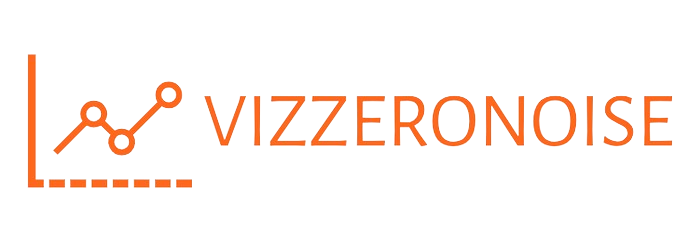A business analyst plays a crucial role in an organization by identifying business needs and determining solutions to business problems. These professionals analyze data, processes, and systems to improve efficiency and effectiveness. Their insights help guide decisions that can lead to the growth and success of a company. They act as a bridge between the business side and the IT side of an organization, ensuring that both parties understand each other’s requirements and limitations.
Key Responsibilities
Business analysts are responsible for a wide range of tasks. They gather and document business requirements, conduct market analyses, and identify areas for improvement. They also create detailed business models, design workflows, and develop strategies for business optimization. Additionally, they facilitate communication between stakeholders, ensuring that everyone is aligned on the project goals and timelines. Their work often involves using specialized software tools to analyze data and present findings in a clear and actionable manner.
Skills Required
To succeed as a business analyst, a combination of technical and soft skills is essential. Strong analytical and problem-solving abilities are crucial, as the job involves interpreting complex data and identifying trends. Proficiency in data analysis tools such as SQL, Excel, and various business intelligence software is often required. Excellent communication skills are also vital, as business analysts must convey their findings and recommendations to both technical and non-technical stakeholders. Additionally, skills in project management, negotiation, and critical thinking are highly beneficial.
Educational Background
A typical educational background for a business analyst includes a bachelor’s degree in business administration, finance, economics, or a related field. Many also pursue advanced degrees such as an MBA to further enhance their qualifications. Specialized certifications, such as the Certified Business Analysis Professional (CBAP) or Project Management Professional (PMP), can also boost a candidate’s credentials and demonstrate a commitment to the field. Continuous learning and staying updated with industry trends are important for career advancement.
Career Path and Opportunities
The career path for a business analyst can be quite dynamic. Entry-level positions often start with roles like junior business analyst or associate business analyst. With experience, professionals can advance to senior business analyst positions, and eventually to roles such as business systems analyst, project manager, or even chief operating officer (COO). The demand for business analysts is growing across various industries, including finance, healthcare, technology, and retail, providing numerous opportunities for career growth and specialization.
Industry Applications
Business analysts are needed in virtually every industry. In the finance sector, they might analyze investment opportunities or streamline banking processes. In healthcare, they could work on improving patient care delivery systems or managing healthcare data. In technology, business analysts often help in the development and implementation of new software solutions. Retail business analysts might focus on optimizing supply chain operations or enhancing customer experiences. Each industry offers unique challenges and opportunities for business analysts to apply their skills.
Tools and Technologies
Business analysts use a variety of tools and technologies to perform their job effectively. These include data visualization tools like Tableau or Power BI, project management software like Jira or Trello, and database management systems like SQL Server or Oracle. Familiarity with programming languages such as Python or R can also be beneficial for more advanced data analysis tasks. Staying proficient with these tools helps business analysts to efficiently gather, analyze, and present data.
The Impact of Business Analysts
The impact of a business analyst’s work can be profound. By identifying inefficiencies and proposing improvements, they can save organizations significant time and money. Their insights can lead to better strategic planning, more effective marketing strategies, and improved customer satisfaction. Ultimately, business analysts help organizations to operate more smoothly and achieve their goals more effectively. Their contributions are vital to the success and competitiveness of any business.
Challenges in the Field
While the role of a business analyst is rewarding, it comes with its challenges. They often need to manage multiple projects simultaneously, each with its own set of complexities. Balancing the needs and expectations of different stakeholders can be difficult, especially when there are conflicting priorities. Staying updated with rapidly changing technologies and industry trends requires continuous learning and adaptation. Despite these challenges, the role offers a dynamic and fulfilling career for those with the right skills and mindset.


